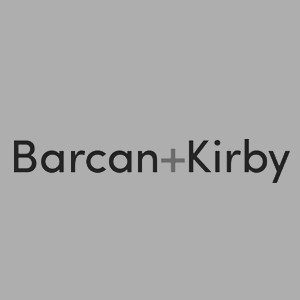The Legal Services Consumer Panel announced in May that nearly half (44%) of consumers are dissatisfied with the service they receive but do not complain. How can we work to lower this figure? Should firms welcome complaints at all?
Well, let’s put ourselves in the consumer’s shoes. Who would take on their own lawyer? Lawyers are instructed because they know the law inside out; they argue to their advantage; they’re always looking for that contradictory piece of information. How could a consumer hope to reach an agreement in their favour and who should they complain to, anyway?
Additionally, many consumers with grievances may not have the impetus, funds or time to commit to raising a complaint. How can we identify these individuals and encourage them to air their complaint?
From the outset, firms need to recognise that resolving a complaint increases the chance of converting that disgruntled consumer into a loyal client. In many cases fee earners can detect if there’s an issue within the client relationship. As they become increasingly responsible for their own business development it is essential that lawyers adopt the adage of “if in doubt, front it out”. Communicating effectively with clients so that they feel they can voice concerns is critical to a quick resolution.
Also, partnerships need to be genuine in their request for feedback, assuring each and every consumer that their opinion counts and will be acted upon where possible. Some lawyers may be cynical, but so are many of the people who pay the legal bills.
Finally, legal entities need to put measurable processes in place to demonstrate that engaging with clients provides a discernible business advantage. Including a Net Promoter based recommendation/referral question on a feedback survey provides an assessment of the percentage of clients who are loyal to the firm. This group will recommend your services to others, give you repeat business and, yes, forgive the odd mistake because you’ve proven that your service can live up to their expectations.
Complaining is hard for a consumer so, as a profession, making it a straightforward process and providing clear guidelines as to what can be expected will reap benefits. Clients who feel they’re being dealt with fairly and openly will take a different view of the profession than those who are intimidated by the very people they retained to represent them.









Comments